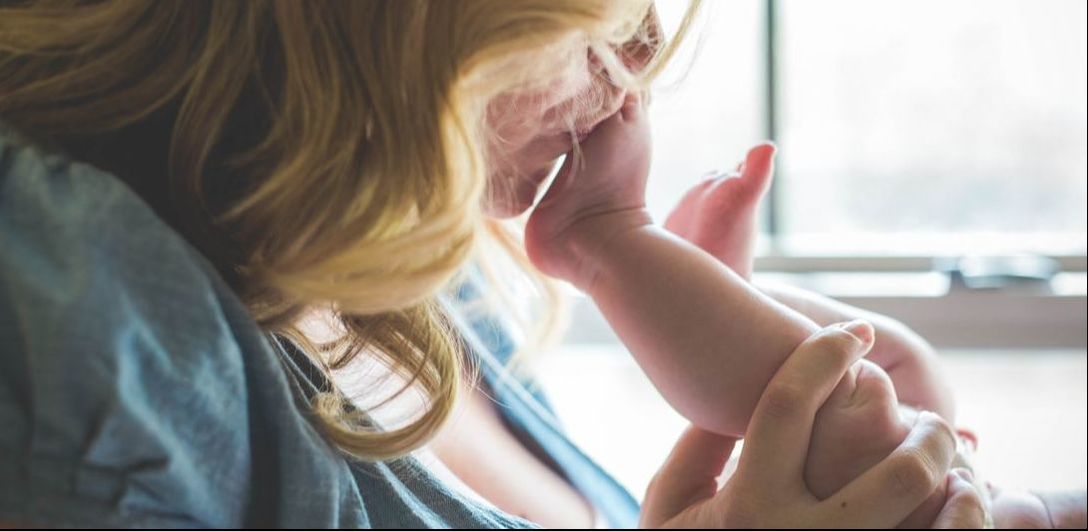|
When a new baby arrives, everyone comes out of the woodwork, desperate for a hold. We are used to welcoming new babies in this way. Crowds at the hospital, more crowds and cups of tea at home. Then... no one. And new parents are left alone to find their way, while they are often still working out how to feed and settle their baby.
Is all this contact with others actually causing a disruption to the process of transitioning to life outside the womb? In our podcast "Help me keep close to my baby", we hear from midwife and leading breastfeeding researcher Dr Robyn Thompson who thinks so. Minimal handling of the baby from anyone other than the parents has been found to make learning breastfeeding (by mother and baby) easier and prevents complications like engorgement, mastitis and nipple damage.
Robyn recommends even hospital staff not touch the baby unless there is a concern, and to facilitate the mother receiving the baby into her own hands at birth. Babies also play a crucial role in completing the birth process - when they are given the time and space to make their own way to the breast, they facilitate the efficient birthing of the placenta with minimal bleeding. (Google "newborn breastcrawl".) And when they do their own attachment to the breast, rather than being forced on by a third person, they are much less likely to cause nipple damage from incorrect attachment.
Extended family can support this vital early period, by offering help to keep the parents with their baby, eg by making meals, walking the do and caring for older children. Some mothers may want you to take the baby for a while, so she can shower, or rest. Others may not. This preference and its timing is highly individual between parents. In this podcast we also hear from a mother of her experience of knowing instinctively the importance of keeping life very simple and cocooned in the first 6-8 weeks of her babies' lives. Sometimes people didn't understand their seclusion, but she believed it to be the safest option for her baby, and the best way for her to recover and adjust. Separation of parents and their babies is only done by humans. Even zookeepers know to stay away from new mothers in their care. This documentary by a neonatologist shows how his care of premature or unwell babies has changed over the decades - from having lots of gadgets and separation, to kangaroo care and keeping parents and babies together.
The world's first certified Baby Friendly hospital, St Joseph's Hospital in Berlin, is an inspiring example of the benefits of keeping parents close with their premature or sick babies. You can see it in The Milky Way movie.
Podcast references:
Dr Robyn Thompson - http://www.breastfeedingconsultant.com/single-post/2017/09/02/The-First-Breastfeed The Birth Pause Dr Nils Bergman Sarah Blaffer Hrdy, Mother Nature (1999) Babies Celebrated: “ For species such as primates, the mother IS the environment.” Microbirth Movie By Sally Cusack
1 Comment
|
Details
NE PLUS ULTRA
AuthorsThe authors of this segment are varied, each post will indicate the author of that particular post. For more information about our team, visit here Archives
February 2019
Categories |

 RSS Feed
RSS Feed